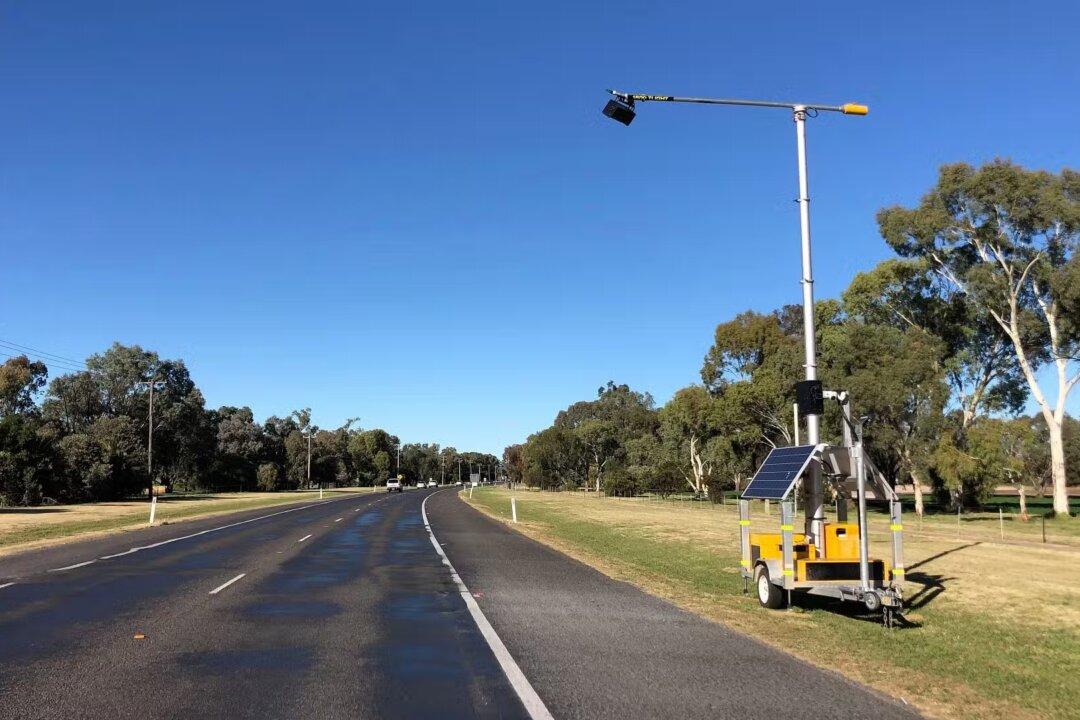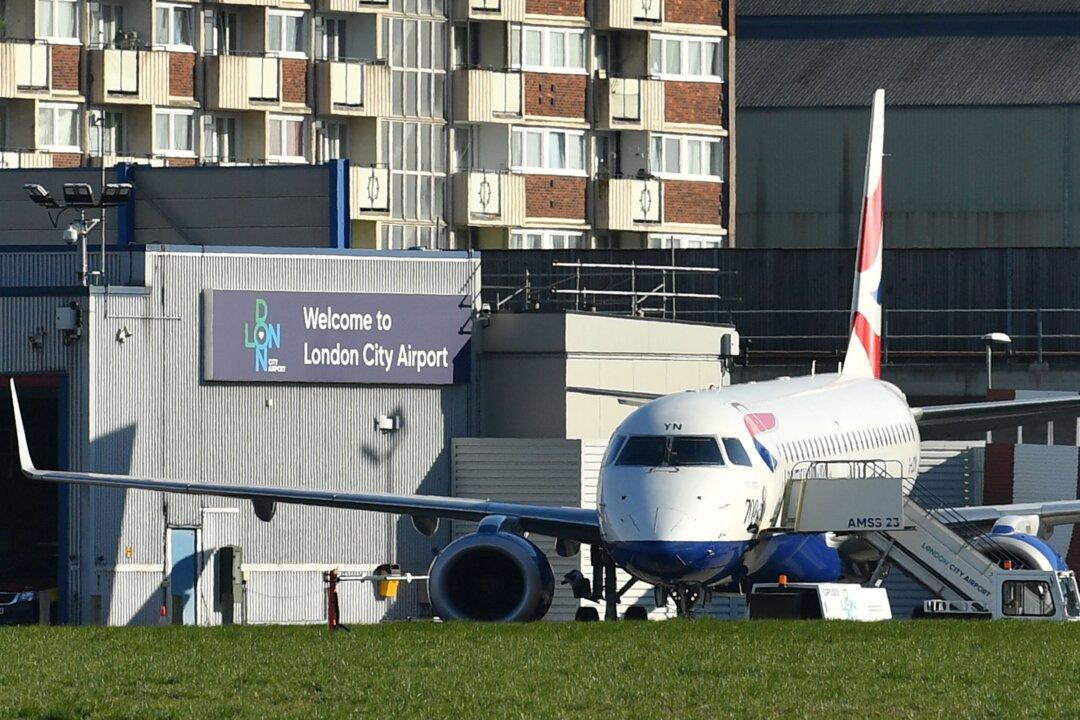British drivers have been warned that convictions for illegal mobile phone use and no seatbelts are set to rise as AI led speed cameras are being installed nationwide.
New “spot” cameras, developed by Australian tech company Acusensus, use state-of-the-art AI to seek out and determine if drivers are illegally using electronic devices or not wearing a seatbelt.





